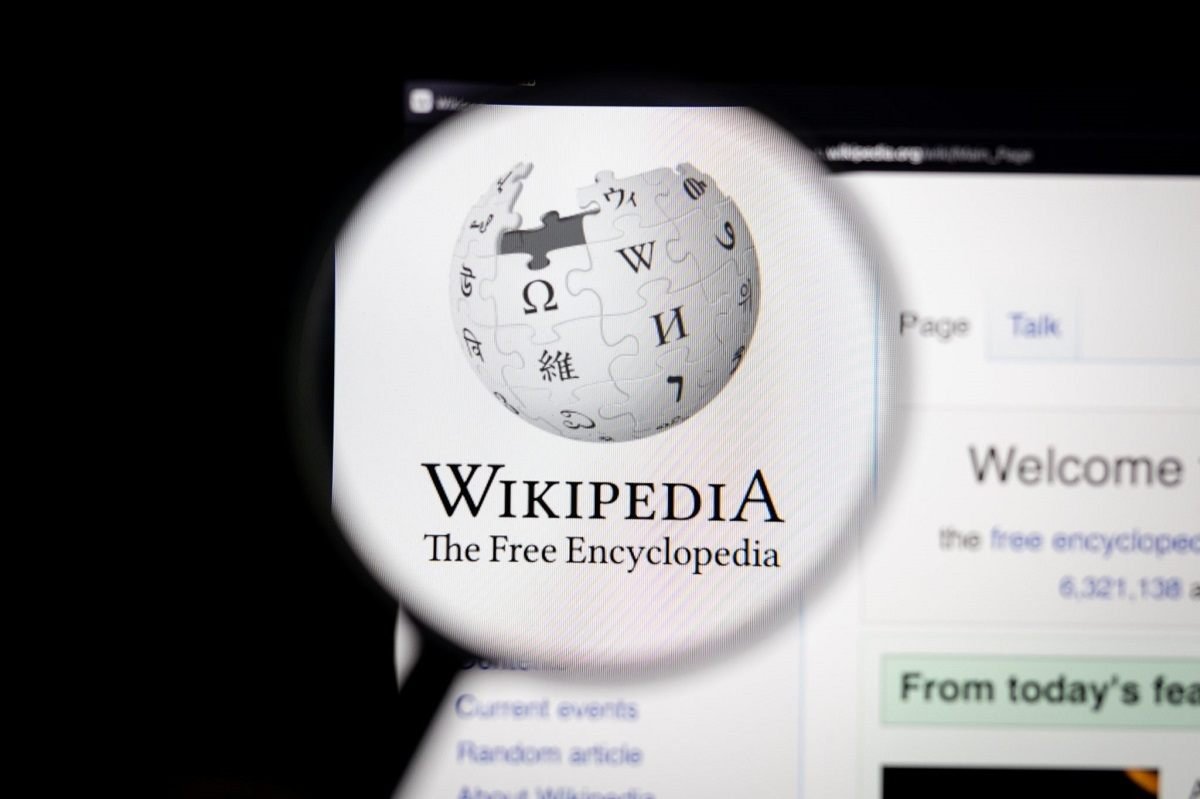You think that getting involved with Wikipedia is as easy as creating an account and duly editing? Think again. Although Wikipedia allows free contributions from the public, it is equally very strict in terms of policies and well-managed community of editors. Avoidable mistakes of new users may cause content deletion, account warnings, or lifetime bans. Either if you are editing for the first time, or you are getting ready to publish new article, knowing what not to do is just as important as knowing how the process goes like. In this guide, we’ll dissect the most common flaws newcomers make and review how you can avert such to stay in the right side of the Wikipedia platform.
1. Ignoring Wikipedia's Core Guidelines
a. Not Reading the Five Pillars
The Five Pillars are the principles that Wikipedia is based on. They are not optional – they outline the way every contributor should act. These pillars focus on the neutrality, verifiability, and respect to collaborative editing. Most newbies fail to comply with this step and jump into editing or writing pages, and that usually backfires. Spare time taken in understanding these guidelines stands to create a long term success spirit in the community.
b. Contravening of Neutral Point of View (NPOV).
One of the main principles (of Wikipedia) is the Neutral Point of View. This implies content has to be written based on no bias and no personal opinion and no promotional intent. New authors tend to present things in a manner that endorses an agenda, even unknowingly. Such edits are easily flagged or revoked by those having enough experience as editors. Offer facts as they are, and not with added color or persuasive language.
2. Creating a Page Without Meeting Notability
a. Mistaking Popularity for Eligibility
Being an Instagram star or having a best-selling product does not qualify one for a Wikipedia page. Wikipedia notability criteria require significant coverage in reliable and independent sources. This typically includes multiple news stories, magazine profiles, or academic citations. The fact that one was mentioned in a press release or social media hype is not enough.
b. Disregarding Reliable Sourcing Requirements
Editors at Wikipedia rely heavily on third-party, published, and editorially controlled sources. Newbies have a tendency to quote personal blogs, promotional websites, or press releases. These are not acceptable for determining notability. If you're not sure of the credibility of your sources, it would be wise to find a credible wikipedia page creation agency to review and scrutinize the content before submission. The correct sources can make or break the credibility of your draft.
3. Conflict of Interest (COI) and Self-Promotion
a. Editing Your Own Article
Editing content about yourself, your company, or your employer is a conflict of interest and is discouraged. Wikipedia prefers that independent editors deal with topics of personal or business interest. People who attempt to control their own narratives have their edits reverted or pages deleted. More severely, their accounts can be marked for abuse.
b. Promotional Tone
Even if you don't edit in a direct way, submitting drafts that include promotional language will also ring alarm bells. Phrases like "the best in the industry" or "award-winning" with no references are against Wikipedia's tone policies. Pages need to be written as objective encyclopedia entries—not marketing copy. Keep to facts, and always cite credible sources to support claims.
4. Skipping the Talk Pages and Editor Etiquette
a. Not Using Article Talk Pages
Every Wikipedia article has a "Talk" page. This serves as the place where editors discuss changes, raise concerns, and achieve consensus. It being skipped usually results in misunderstandings and disputes. If your edit gets removed, try not to repeat it blindly; rather, address the issue on the Talk page to understand the reason behind its rejection.
b. Being Combative or Defensive
The editorial process on Wikipedia is collaborative. If new users react aggressively to criticism or refuse to adjust their contributions, they usually get discouraged. Consider pushback an opportunity to learn. Being respectful and adaptable will earn you credibility and help build a good reputation as an editor.
5. Rushing the Creation Process
a. Using the Article Wizard Too Soon
Wikipedia’s Article Wizard allows users to submit new articles, but using it too soon can lead to quick rejection. Many first-time creators overlook the importance of draft quality and source credibility. Before submitting, make sure your article meets all notability, tone, and sourcing requirements.
b. Not Building a Reputation as an Editor
Contributors who take the time to improve existing articles often gain trust and respect in the community. Before jumping into page creation, make constructive edits to various topics. This helps you learn the platform’s rules and showcases your commitment to quality contributions.
6. Choosing the Wrong Username or Account Behavior
a. Using aCorporate or Promotional Username
Handles like "XYZMarketingTeam" or "BrandPR2024" are suspect. Authors must use neutral handles at Wikipedia. Self-promotional handles get typically flagged as spam or banned for failure to follow policy regarding neutrality. Choose a handle that doesn't stand out but just blends into the community.
b. Sockpuppeting or Multiple Accounts
Some users create multiple accounts to sign off or support their own edits. This practice—\"sockpuppeting"—is specifically prohibited by Wikipedia policy. It is fraudulent behavior and leads to permanent bans. Use only one account and be transparent.
Conclusion
Wikipedia's not a website—it's an organization with enforced rules and consensus that's fueled by equals. If you're new here, learning those rules isn't an option—it's required. Avoiding pitfalls like promotional text, dubious sources, or conflicts of interest isn't just keeping your content alive but also your lasting reputation. Put in the time to give consideration, be civil, and respect the rules. Avoiding these mistakes not only boosts your chances of being active—it lets you build real credibility in the world's largest encyclopedia.
 Online Clock
Online Clock